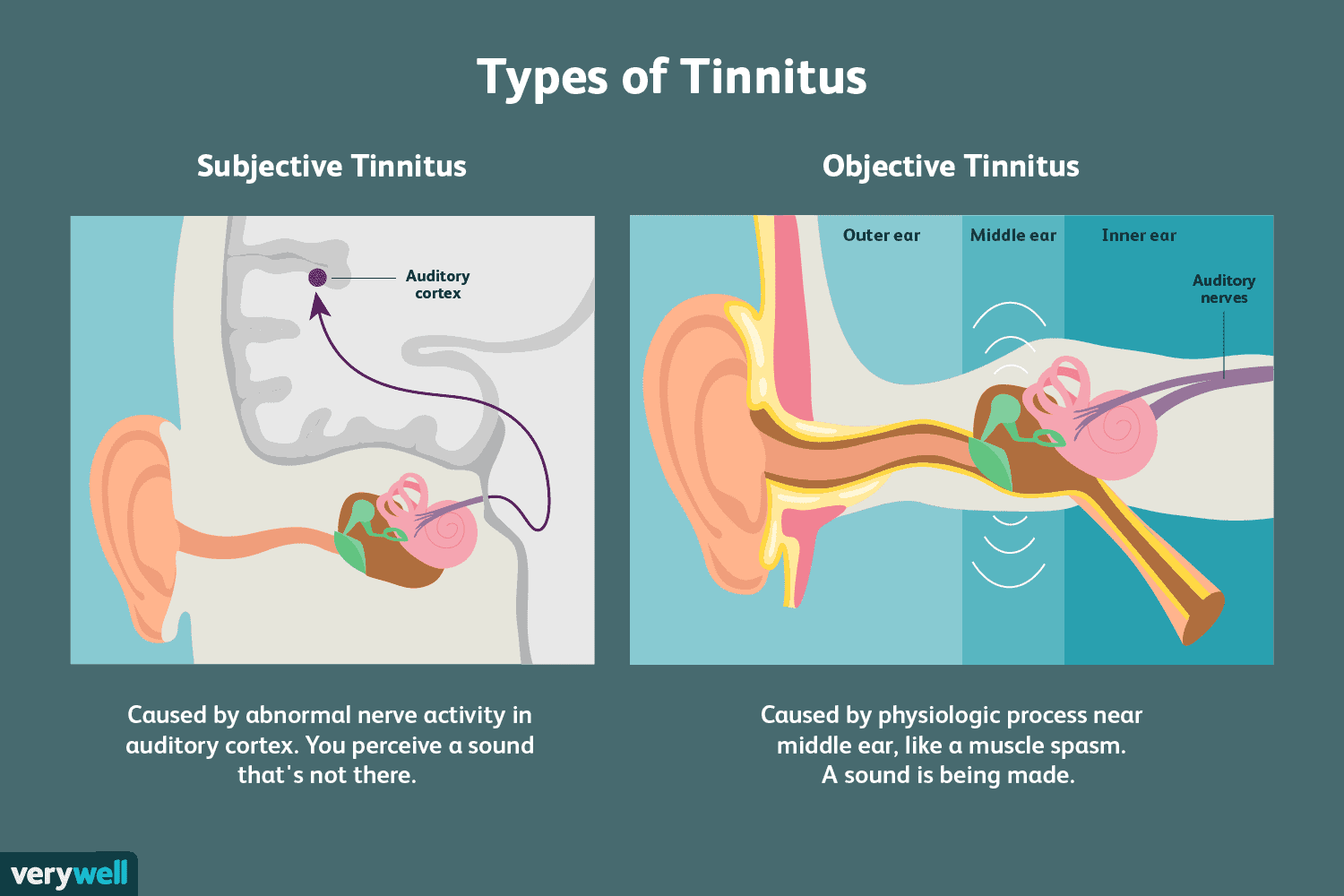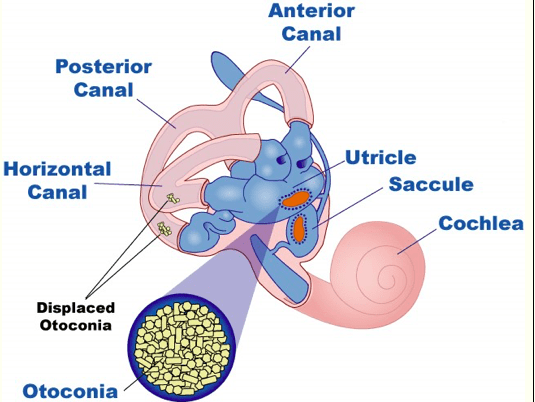Do your ears ring? Does the sound give off a roaring, clicking, hissing, or buzzing sound? Is the sound soft or loud? Maybe the sound is high or low pitched? Does this occur in one or both ears? If you can answer yes to some of these questions, then you may have tinnitus! Millions of people in American have tinnitus. Those who have a severe case may have trouble when working, sleeping, or just when it comes to hearing.
Tinnitus is not a disease, however is a symptom of underlying problems. It happens when you consciously hear something that doesn’t come from a source outside of the body. This sound is typically subjective, in other words only the person with tinnitus can hear the sound. A steady high pitched ringing is the most common form heard. While it can be annoying, it does not typically indicate a serious underlying condition.
Risk Factors
Tinnitus is a common problem among the general population. Those who have the following risk factors however should be more cautious:
- Loud noise exposure from your job, headphones, concerts, explosives, etc
- Smoking
- Gender (Men are more affected than women)
- Hearing Loss
- Age (As you become older you are more susceptible)
Treatment
Of course the first step is treating any underlying cause of tinnitus. This could include:
- Caring for an ear infection
- Discontinuing of any ototoxic medications
- Treating any TMJ problems that may affect the joints between the jaw bone and cheek bone
Most cases of tinnitus have no cure. But most people will become accustomed to their condition and are able to tune it out. If you’re able to ignore it rather than focusing on it, relief can be provided. However, this does not work for everyone. Other options that may benefit include treatment for the effects of tinnitus, insomnia, anxiety, hearing difficulties, social isolation, and depression. Dealing with these conditions can help improve a person’s life quality significantly.
Home Remedies
Sound therapy, TRT, CBT, and some lifestyle changes are ways someone with tinnitus can do to help manage their condition and its effects.
Sound therapy uses external sounds to hide the individual’s perception of tinnitus. Things that may help include low-level background music, white noise, or specialized ear maskers. When choosing the sound, it should be soothing/pleasant while the masking device should offer a temporary relief. When sound therapy is turned off, the awareness of tinnitus should return. Common types of sound therapy include hearing aids.
TRT or tinnitus retraining therapy includes retraining the auditory system to favor the abnormal sounds of tinnitus. They should be accepted as natural and not disruptive. Also, this type of training involves help from a professional and includes wearing a device that emits low-level white noises. Studies have shown that this type of therapy provides relief for approximately 80% of those affected.
Lastly, CBT or cognitive behavioral therapy can help with any depression someone with tinnitus has. But it does not seem to help reduce the sound.
Lifestyle Changes
A big way to prevent tinnitus is by avoiding exposure to loud noises. If you must be in an area with loud noises try using ear muffs/ear plugs. Also, when listening to music or watching tv the sound should be at an acceptable volume. Other things may include exercise, healthy eating, social activities, and stress management.
Physical Therapy
Some studies have shown that physical therapy helps relieve symptoms of tinnitus. Some techniques a physical therapist might try consist of cervical movements, muscle contractions, stretching/postural training, a TENS unit, and Qigong. However, depending on the severity of your case it may take other treatment options along with physical therapy.
Do your ears ring? Do you hear a high or low pitched noise that isn’t coming from the outside of your body? Is the sound a roaring, clicking, hissing, or buzzing sound? These are questions to ask yourself if you feel like you might have tinnitus. If you can answer yes to some of them, then I would go talk to a physician so you can get back to a better you!

